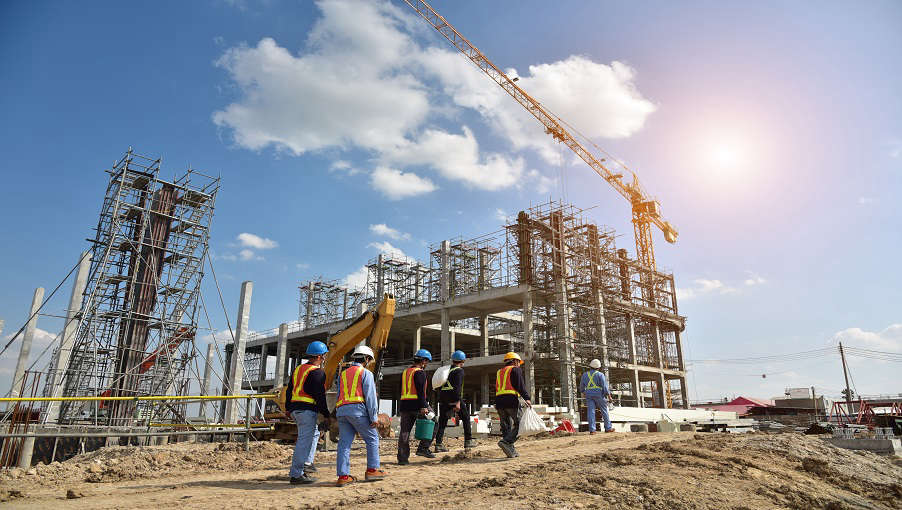
The plan also includes measures to mitigate rent increases, the introduction of rent controls, and Scotland's adoption next year of Awaab’s Law
SELECT has welcomed the Scottish Government’s Housing Emergency Action Plan but insists that it is “absolutely vital” for the country to have a pipeline of qualified and skilled professionals to deliver it.
The association responded positively to the announcement of the new programme to tackle homelessness and deliver additional housing, including a £4.9 billion investment over the next four years for social and affordable housing.
However, it emphasised that renewed commitment to training and apprenticeships is central to achieving its long-term goals.
Alan Wilson, managing director, said: “The Action Plan recognises the immediacy of the housing crisis in Scotland, but for it to be successfully implemented, the construction sector will need a pool of trained and skilled professionals, including electricians.
“I know that many of our members are concerned about potential skills shortages as this ambitious programme develops, and the Scottish Government must continue to support the training of electrical installation apprentices.
“SELECT has consistently advocated for developing talent within the electrotechnical industry, and as our homes become increasingly electrified, we must recognise and address future needs if the country’s housing ambitions are to be fully realised.”
The Action Plan, unveiled by Cabinet Secretary for Housing Mairi McAllan on September 2, aims to address the fact that Scotland has needed an additional 100,000 homes since 2008.
It calls on all partners in the housing sector to collaborate with the Scottish Government on delivery.
The plan also includes measures to mitigate rent increases, the introduction of rent controls, and Scotland's adoption next year of Awaab’s Law, which requires social landlords to address hazards, including damp and mould.
It also proposes a new all-tenure housing delivery target, working with the housebuilding sector to increase delivery across all industries by at least 10% each year over the next three years.




 Construction workers ready to report signs of qualification fraud: CITB
Construction workers ready to report signs of qualification fraud: CITB
 Small builders breathe a sigh of relief thanks to recent Budget measures
Small builders breathe a sigh of relief thanks to recent Budget measures
 LCB roofing apprentices scoop gold and silver at SkillBuild 2025 National Final
LCB roofing apprentices scoop gold and silver at SkillBuild 2025 National Final
 BoB volunteers complete retired builder’s home
BoB volunteers complete retired builder’s home
 AUDIO NEWS: Increases in the minimum wage to hit tradespeople and Band of Builders completes major rebuild
AUDIO NEWS: Increases in the minimum wage to hit tradespeople and Band of Builders completes major rebuild






